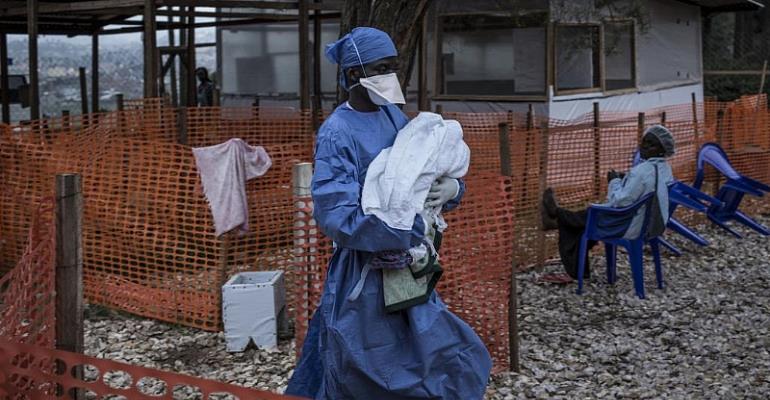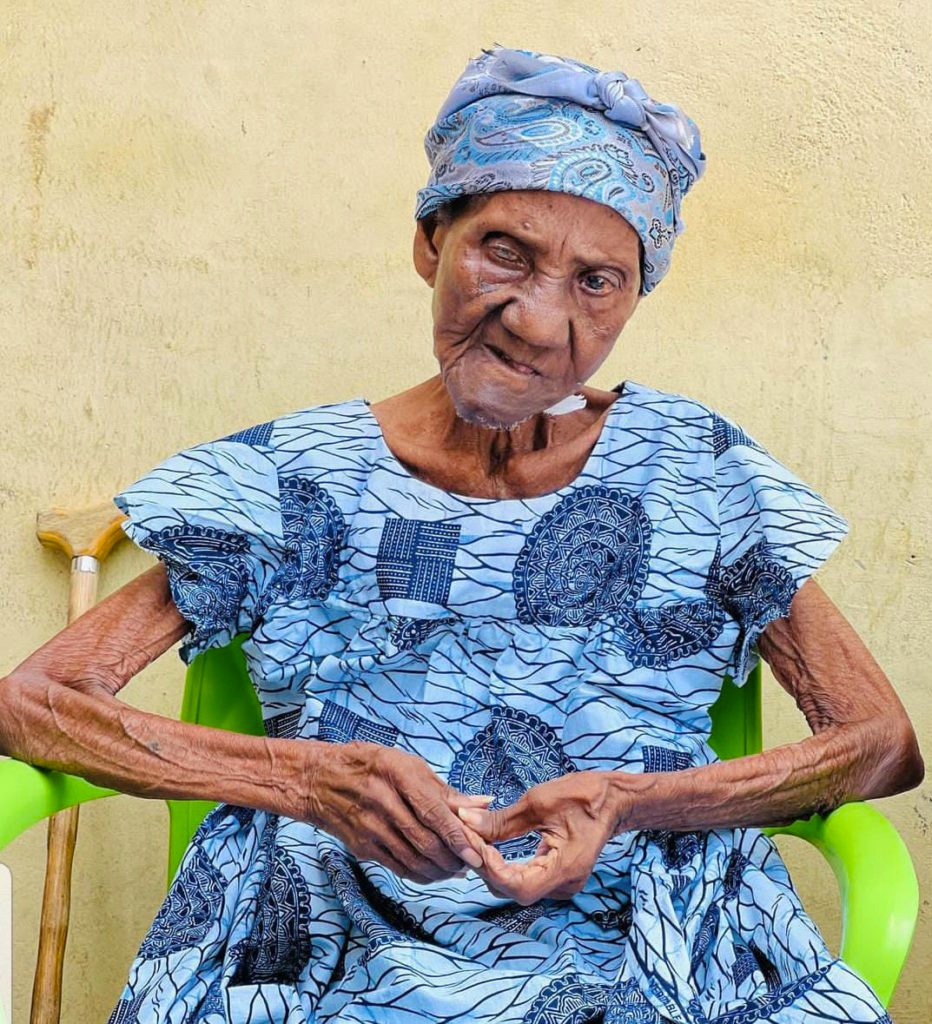
Insecurity in the eastern Democratic Republic of Congo continues to hamper efforts to fight Ebola as the number of the cases reaches 1,029 people, the World Health Organisation's Africa director has told RFI. Continued attacks by armed groups are curtailing efforts to control the spread of the disease, potentially dragging out the epidemic for an additional 12 months.
“We see the recent increase in cases being directly linked to episodes of violence in the past few weeks targeting healthcare facilities that are providing care for the Ebola outbreak,” said Matshidiso Moeti, WHO regional director for Africa.
More than 640 people have died in the outbreak and a recent case was identified in Bunia, Ituri province, raising the possibility of Ebola spreading beyond North Kivu province.
The Congolese authorities also noted an increase in the number of cases in the epicentres of Katwa, Masereka and Mandima, according to the health ministry, blaming attacks by armed groups.
“We don't see this as communities attacking the responders, we see the actions of these armed groups that are attacking clinics and sometimes killing people,” Moeti told RFI during an interview from Praia, Cabo Verde, where she is participating in the WHO Africa Health Forum.
Ebola treatment centres in Katwa and Butembo have been attacked several times by armed groups - a police officer was killed and health worker injured earlier in March.
Insecurity is preventing comprehensive contact tracing and stopping WHO from deploying teams to the areas they need to access, according to Moeti.
French non-governmental organisation Doctors Without Borders was forced to stop operating in Butembo over security concerns, although it continues to work in three other areas of the country in the fight against the haemorrhagic fever.
Security for health workers is being provided by the UN mission in the DRC (MONUSCO) as well as Congolese security forces. And Moeti is confident that they will “very soon able to control the outbreaks”, but much depends on prevailing security in the region.
“I don't believe that we'll reach the situation anywhere similar to the West African outbreak,” the Motswana doctor said, highlighting the level of preparedness in neighbouring provinces and countries.
Moeti said the additional tools at their disposal, including a vaccination campaign that has reached more than 92,170 people, are also having an impact.
WHO aims to increase the number of staff on the ground and improve work done at a “micro-level” with communities, said Moeti. Nevertheless insecurity could enable the outbreak to drag on longer.
“We've determined that for the next six months we've going to work very hard on this outbreak – but it's important to prepare for the possibility that it may last longer,” she said.
The WHO director said additional contact with the armed groups responsible for attacks on treatment centres may help improve the situation.
“We see security as a critical element and whatever in addition can be done would help the response be effective sooner rather than later,” she added.













Facebook
Twitter
Pinterest
Instagram
Google+
YouTube
LinkedIn
RSS